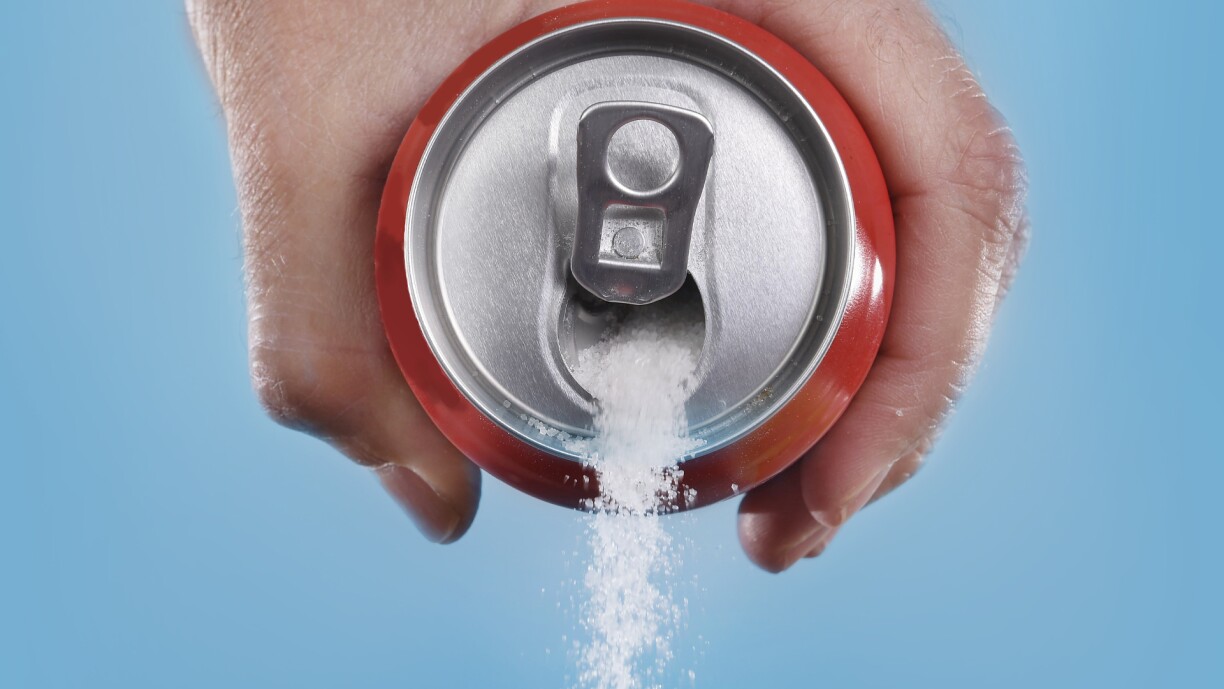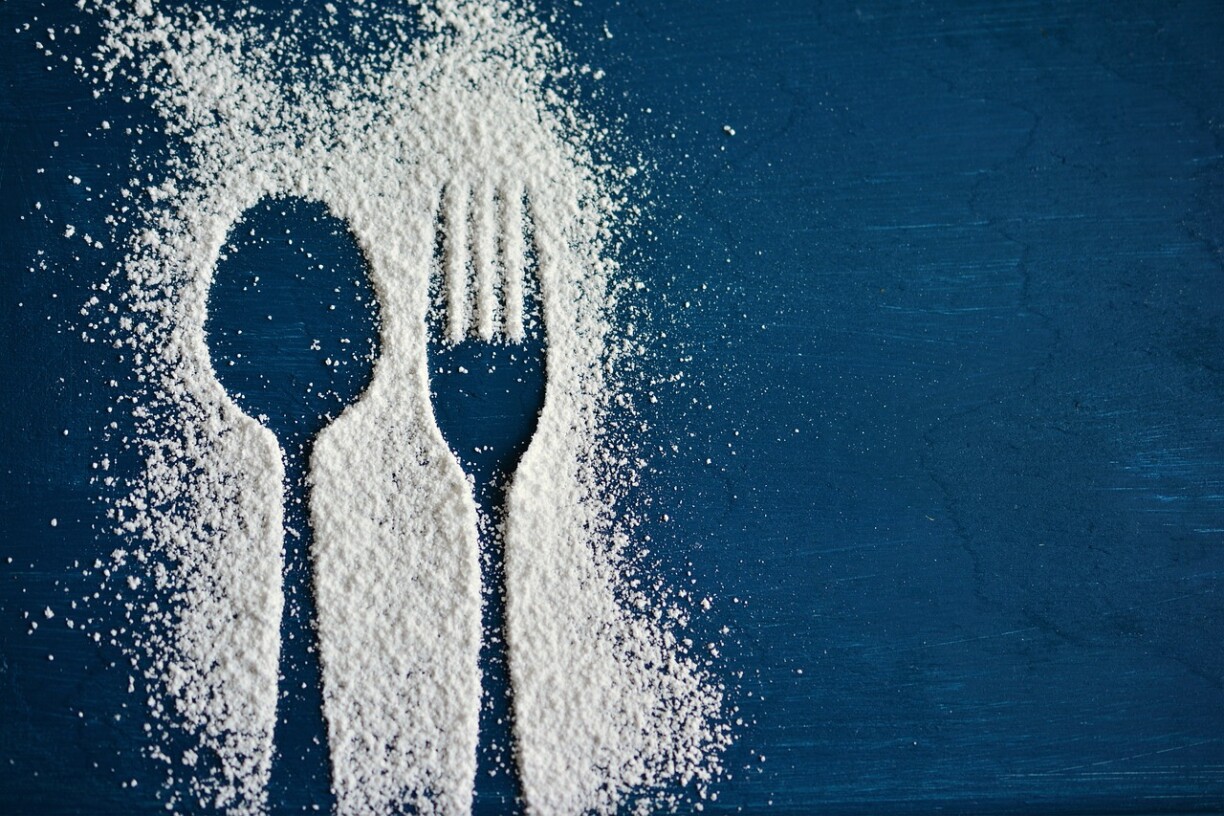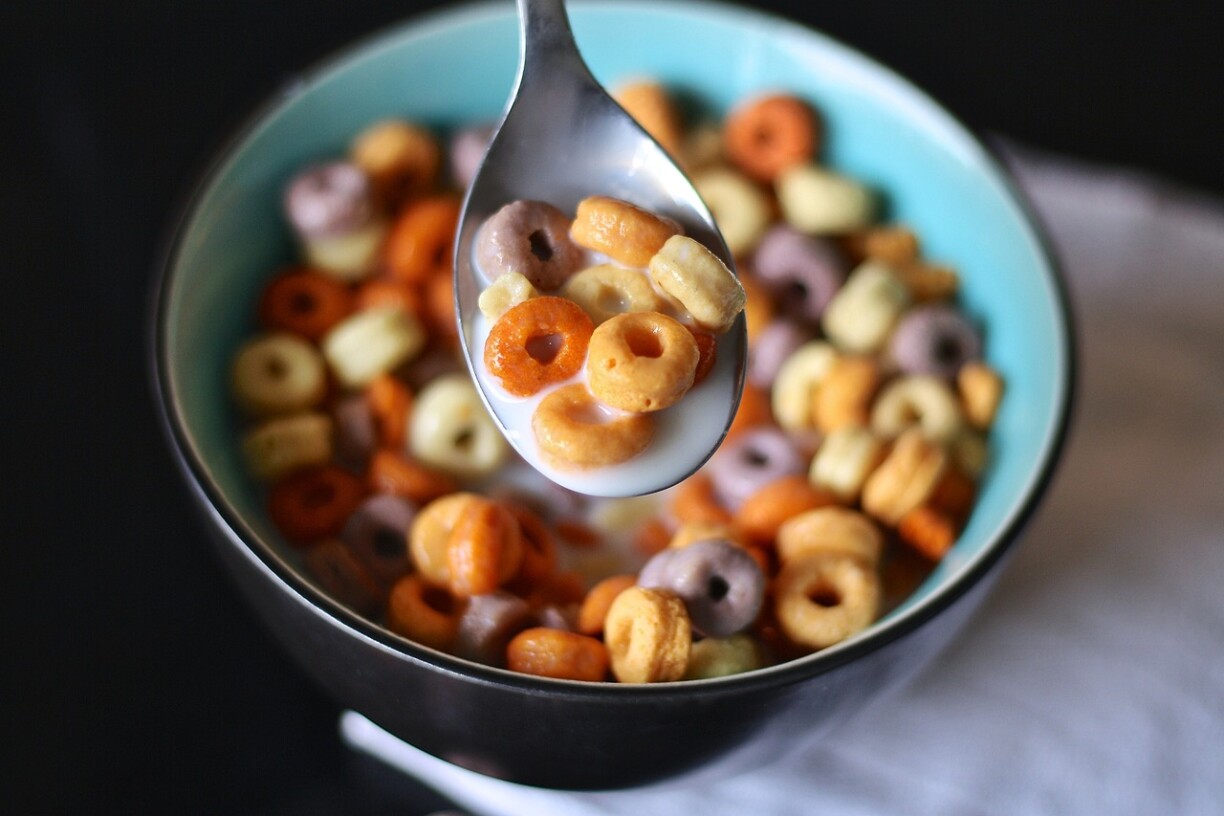
“We’re now seeing cases of cirrhosis linked to excessive sugar consumption. It may not be widely known, but it is very serious,” Dr Catherine Atlan warned. The specialist in nutrition, diabetes and endocrinology at the Centre Hospitalier de Luxembourg said the practice of parents offering bottles of sugary drinks to their children was on the rise.
In conversation with RTL Infos, Dr Atlan clarified that: “Sugar fuels our bodies, we can’t function without it. The brain in particular needs sugar to function. So it’s not a case of sugar being the enemy.”
Read also: Luxembourgers’ eating habits under fire at conference
However, the key issue is the amount and types of sugars consumed. Dr Atlan explained “We don’t need sweets to function. Our body is able to draw fast sugars - the ones used by our organs - from complex sugars contained in carbohydrates such as pasta, potatoes, or bread.”
Is glucose our enemy? Not quite, says Dr Atlan, but it is more the excessive amount of glucose found in many modern diets.

The excessive amount of fast sugars found in sweets or fizzy, sugary drinks can lead to a feeling of “dependence, addiction, because - I am putting this in a less scientific way - as soon as you eat a large amount of fast sugars, you immediately get a feeling of well-being,” the expert continued.
Dr Atlan compared the sensation to that found in alcohol. “The more you consume, the more you will seek out this state.” Sugar addiction has been studied in several countries, notably the United States where sugar consumption is generally high.
One product in particular incites Dr Atlan’s ire: fizzy drinks. “These need to be demonised. Not the sugar as such, but we definitely don’t need sodas.” The issue with fizzy drinks is that they permit people to consume a large amount of sugar very quickly, unlike foods that must be chewed, she explained.
However, the specialist doesn’t agree with completely banning sweet items for children. “You can’t deprive a child of something sweet to celebrate a birthday, or other events. I did raise my own kids,” she laughed.

Should the sweet Western-style breakfast be banished in favour of more savoury alternatives? “I don’t like to deny food’s cultural aspects,” Dr Atlan said. “It relates to history, to habits. If you feel unwell after eating a sweet breakfast, of course we can see what we can do. If you’re eating three pains au chocolat a day, or big bowls of super sweet cereal, then yes, that sort of breakfast is much too rich. You risk feeling sluggish as the morning wears on due to such a hyperglycaemic meal.”
Alcohol is another frequently unrecognised source of additional sugar, the doctor continued. “There’s sugar in a glass of wine or beer, that’s an important energy supply. One gram of alcohol contains seven calories, while a gram of sugar contains four calories. Our bodies struggle to metabolise alcohol, so the liver does what it can, and usually turns it into fat.”

The liver suffers the most from excessive sugar consumption, said Dr Atlan. “This is what is considered a new disease: Nash, or non-alcoholic fatty liver disease. It can cause diabetes, and like alcohol, it can lead to cirrhosis of the liver, or liver cancer. It is linked to excessive consumption of sugar. It may have taken a while to arrive in Europe but it is now prevalent in children and young adults.”
There is little to no treatment in terms of drugs for the disease, also nicknamed the soda disease. “The best way to stop Nash from becoming cirrhosis is to completely cut out industrial sugar consumption.”
Prevention is better than cure, says Dr Atlan, who strongly advises parents against introducing children to sugar at too early an age. “When I see children in waiting rooms with bottles of sugary drinks... it’s not that common in Luxembourg yet but I have seen it elsewhere. Children with bottles of Coca-Cola... I hope it doesn’t arrive here too quickly.”
Allowing children to drink fizzy drinks and eat bags of sweets is, according to Dr Atlan, a crime. “I weigh my words carefully but yes, it is a crime,” she insisted. “It can certainly be a crime of ignorance, as parents are not sufficiently informed of the risks.” She believes authorities need to do more to improve awareness of the risks of sugar.
The paradox of modern groceries means that this excess frequently affects the poorest households. “Poorer people are often more malnourished,” the doctor said. “We can’t just blame parents. It is known that there is a strong link between obesity and a poor socio-economic background. Poor people suffering from obesity are made to feel guilty, when instead we must understand that this behaviour stems from the fact they cannot afford better quality food.”
Video interview in French: